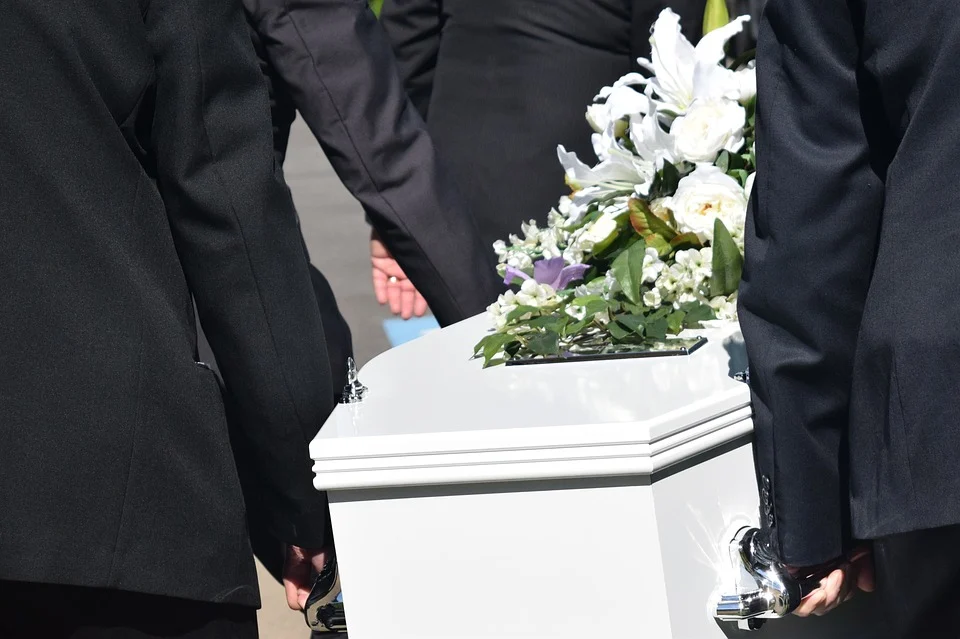Many people know exactly what to do when someone who’s not an immediate family member dies. They pay the bereaved person a thoughtful condolence visit, offer some kind words, help out around the house and make a meal or two for the bereaved. However, when the death is in one’s family, many people experience feeling so much shock they could hardly act.
Some people get so numb they just sit and stare at the dead relative for hours; others begin to search the internet for advice on important legal matters. This is hardly a good idea because, “most of the trust and will documents on the internet are low in quality, scarcely touching upon all the factors they need to address,” says The Werner Law Firm, a probate attorney in Lancaster.
Here are a few tips on how anyone who has just lost a close family member can cope with the death.
As Soon As a Family Member Passes Away
A couple of steps need to be taken as soon a person passes away. It’s okay if you do not feel like doing this immediately; you can ask a close friend or another family member who is feeling more composed, to help out. The steps include:
1. Ensure Your Loved One Is Legally Pronounced Dead
Most times when a loved one passes away in a medical facility, the family members do not have to worry about this step because the doctors taking care of them would pronounce them dead after they pass. However, if someone passes on at home, then the family members may need to get medical personnel to pronounce them legally dead. This step is the first step to getting a legal death declaration without which a person can neither be legally buried nor their legal affairs put in order.
2. Call Family and Friends
For obvious reasons, this isn’t a task anyone looks forward to but it’s something that has to be done. This task can also be outsourced if one is not feeling up to it immediately. Have someone put out a call to friends and family members that cared about the bereaved. Social media has made this task a lot simpler as families can now issue a statement on social media after a person passes. You may also need to notify the person’s employers or employees, their church members, and other relevant parties.
3. Make Funeral Plans
Find out if the deceased person had any preferences on the way they want to be buried. Some people leave standing instructions for their funeral before their death and you do not want to find out about this after the person has already been buried.
Living with Grief after the Funeral
No matter how you may try to avoid it, grieve manifests itself in several ways and you’ll have no option other than to find ways to cope with it. Here are a few things that can make life a little easier after your loved one has been buried.
1. Accept all the Help From Trusted Friends and Family
In the days following the death of a family member, you may have friends, neighbors, and extended family members offering to help out with everyday chores and errands. Don’t hesitate on taking your trusted loved ones up on these offers. If you have kids, you can have someone else babysit them when you’re feeling overwhelmed. You may have perfected the art of being a great parent but the mourning period is not the time to be trying to do it all. Likewise, if you’re in school and feeling overwhelmed with homework and assignments, you could inform your teachers about your loss and ask for an extension on your deadlines.
2. Talk to People Who’ve Been Through Similar Experiences
One of the easiest ways to do this is to find a grief support group. There you’ll have a chance to talk about your recent loss and also hear people speak about their experiences. Talking about your grief helps you work through your grieving process a lot faster than when you keep your feelings bottled inside. Asides from support groups; you can also seek the professional help of a therapist.
3. Schedule Regular Health Checkups
Even under normal circumstances, routine medical checkups have been known to have great health benefits. Sometimes after the death of a loved one, family members may be so buried in grief that they forget to eat or take important medication. Other times there could be issues with blood pressure due to increased stress around the period of death and funeral. Regular trips to your physician will help you stay healthy and avoid more fatalities while mourning.

